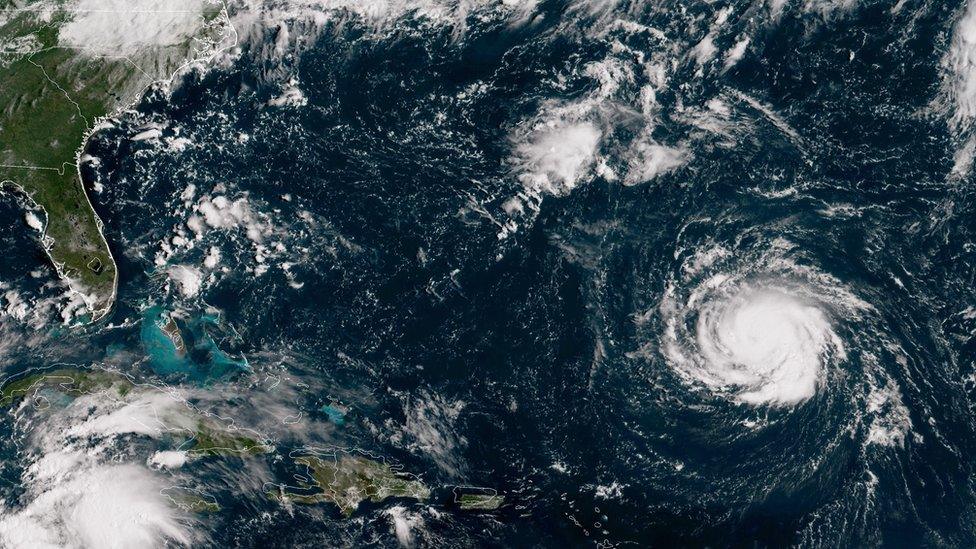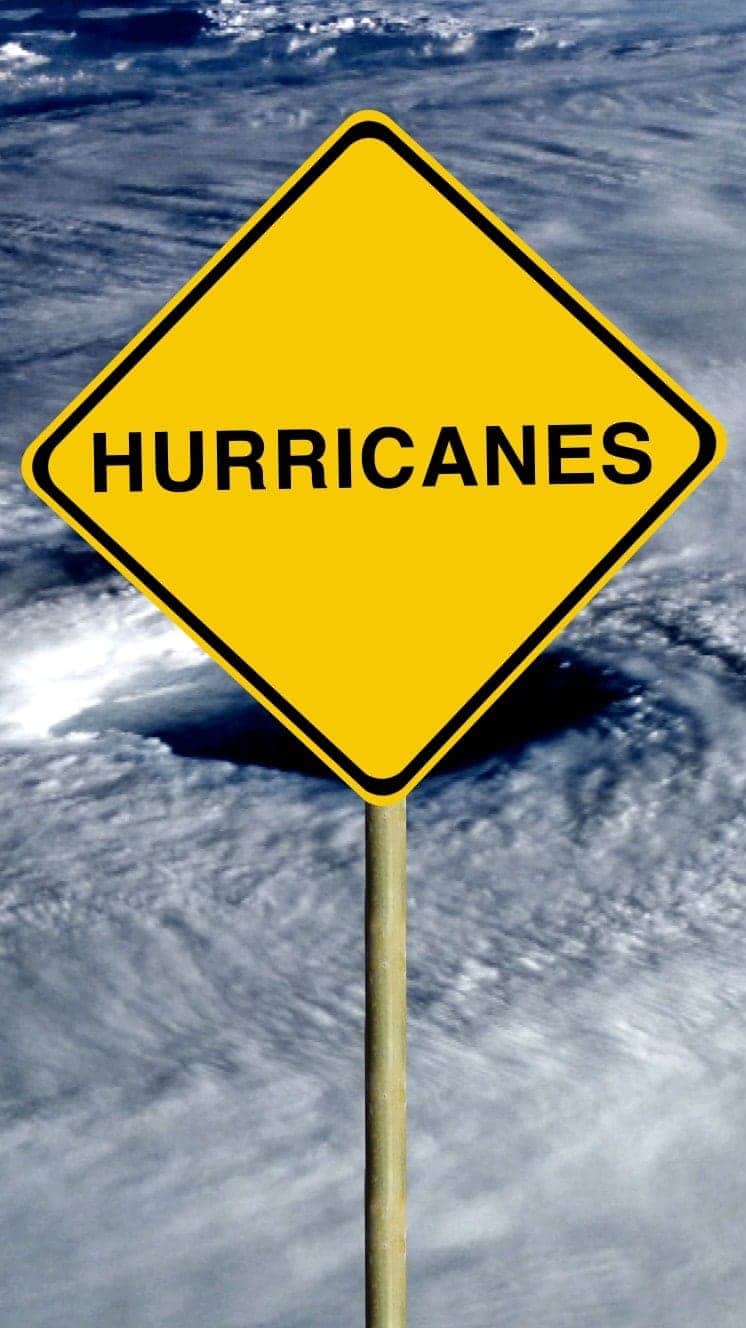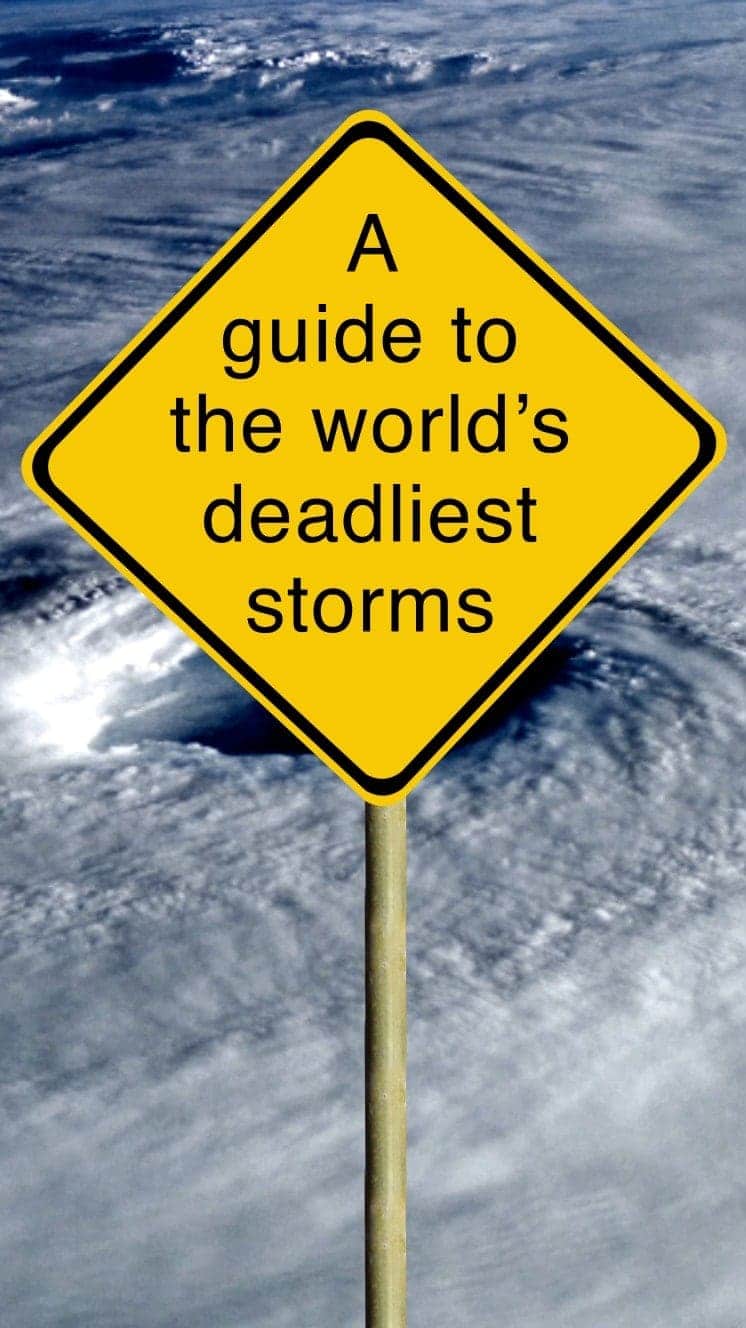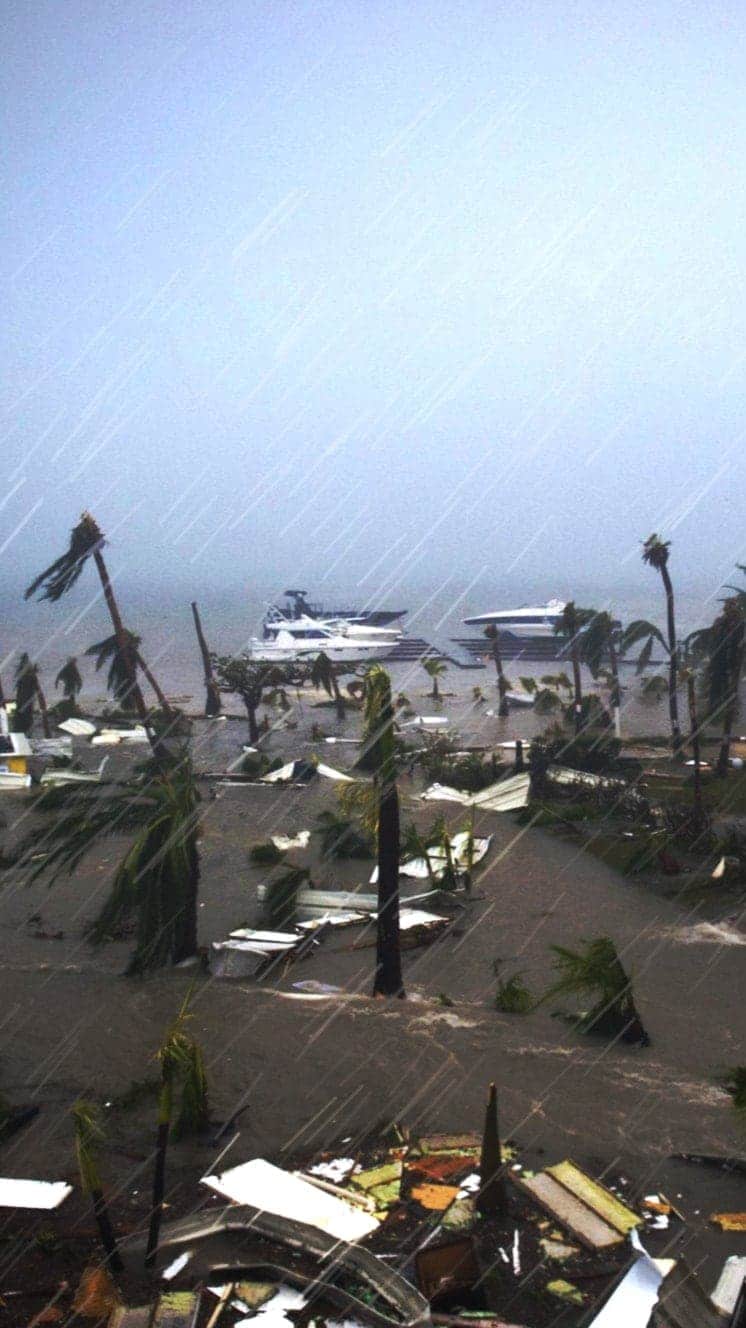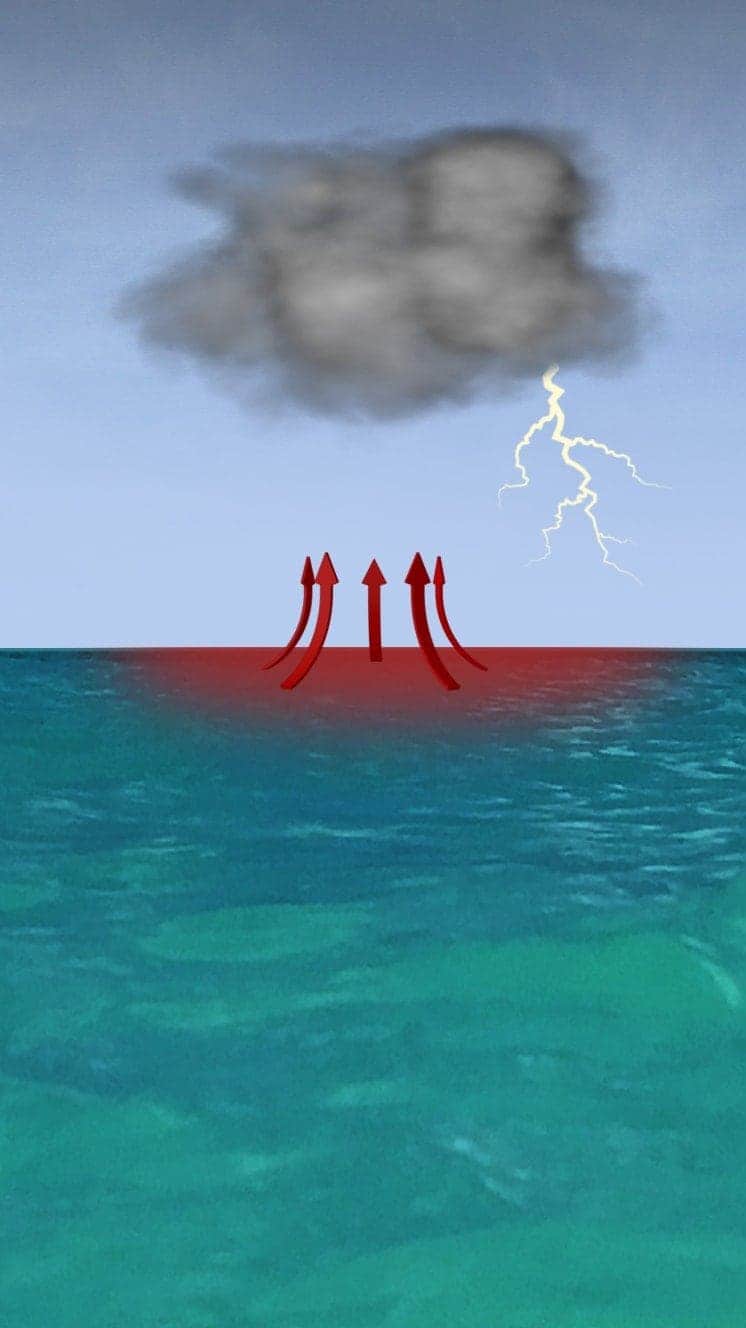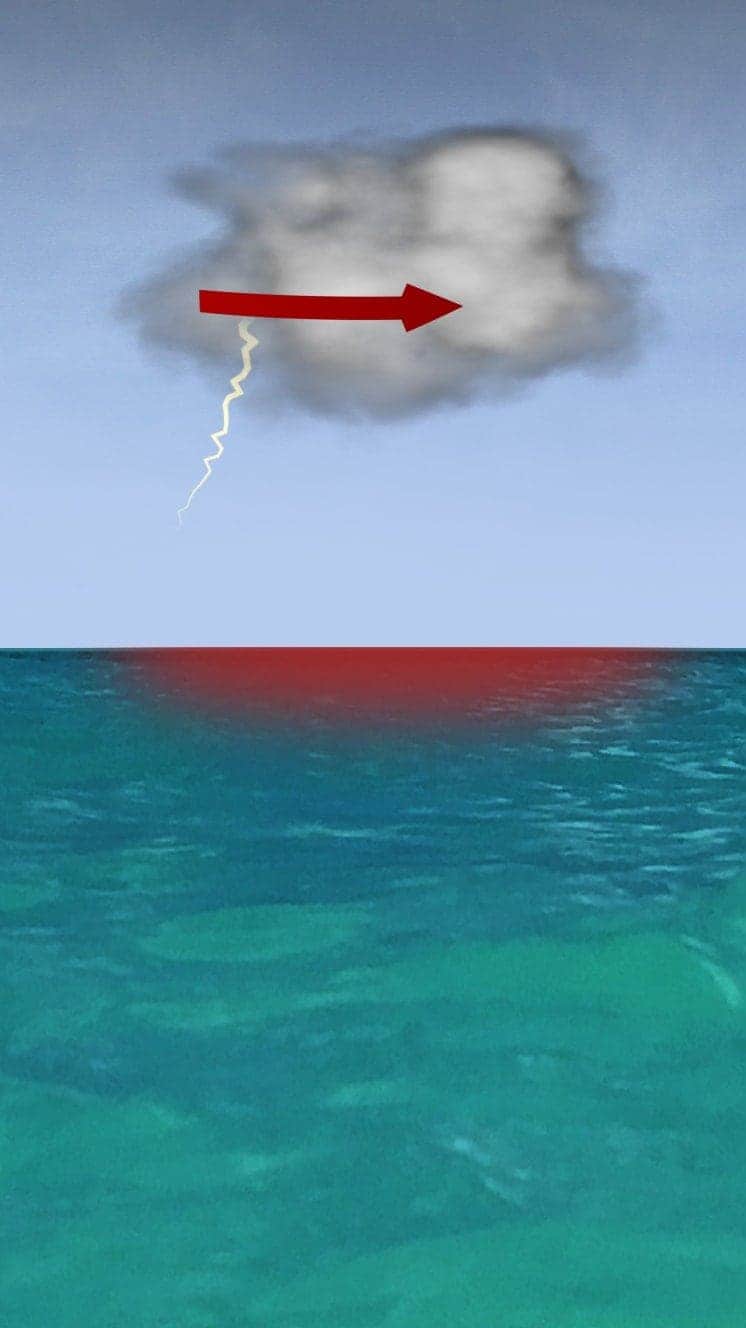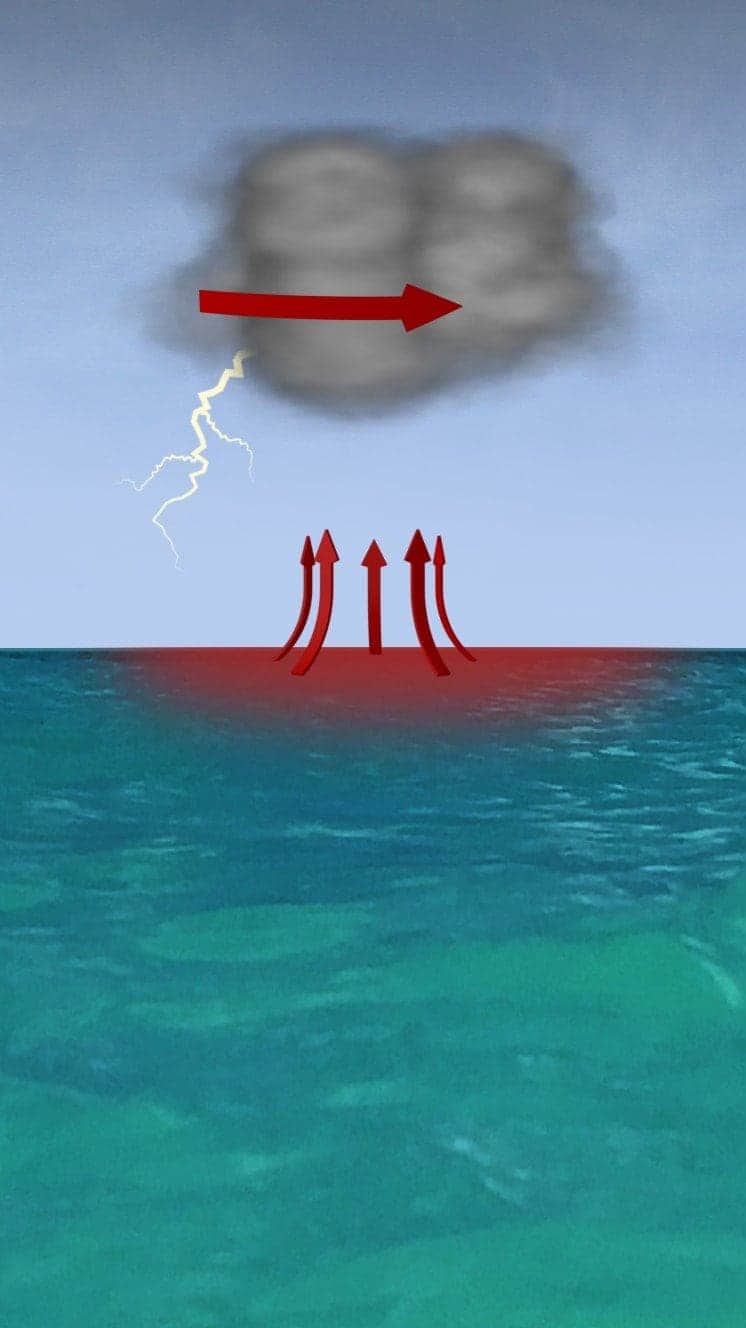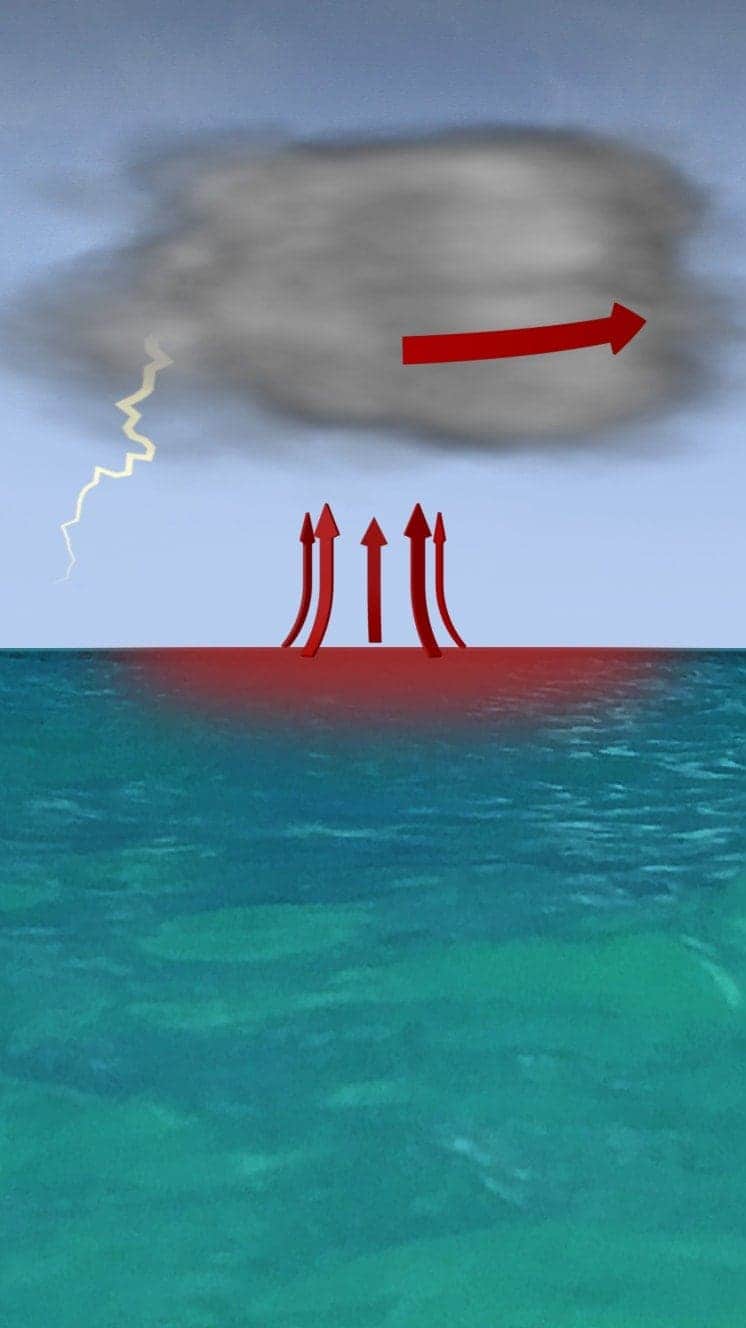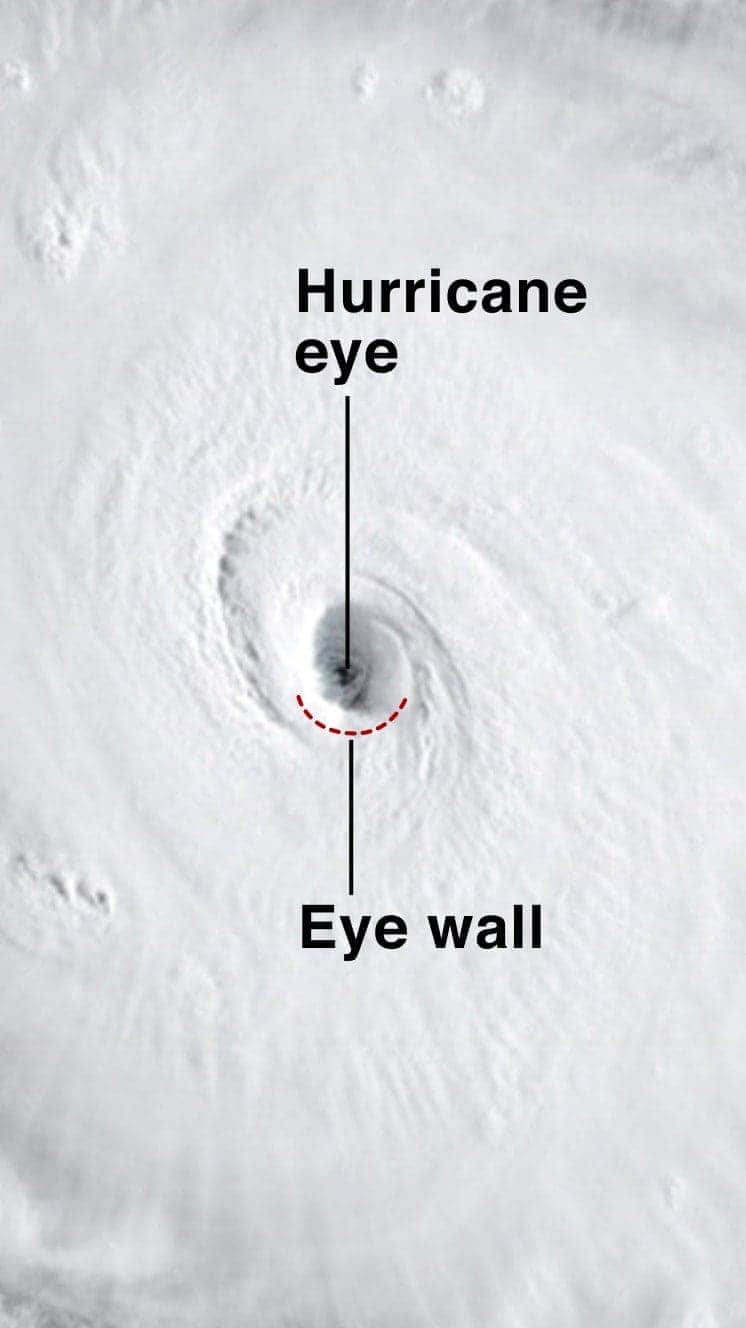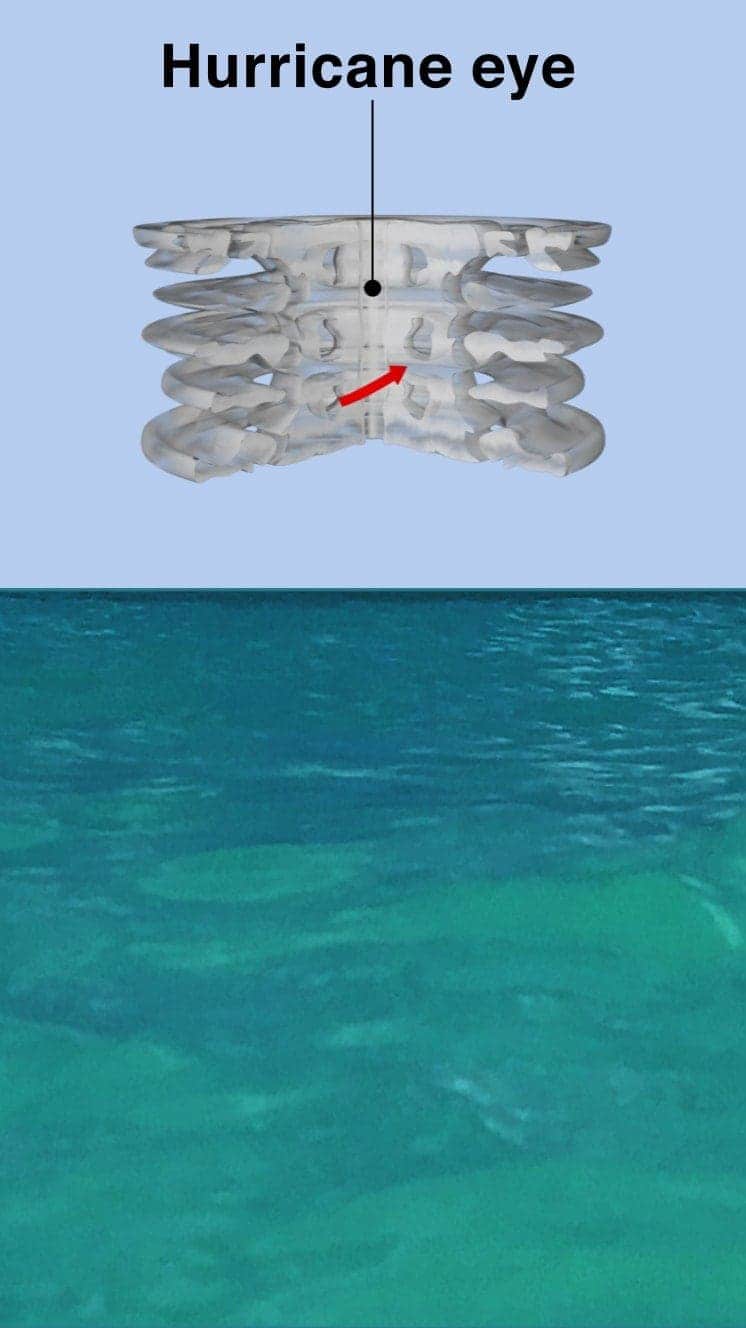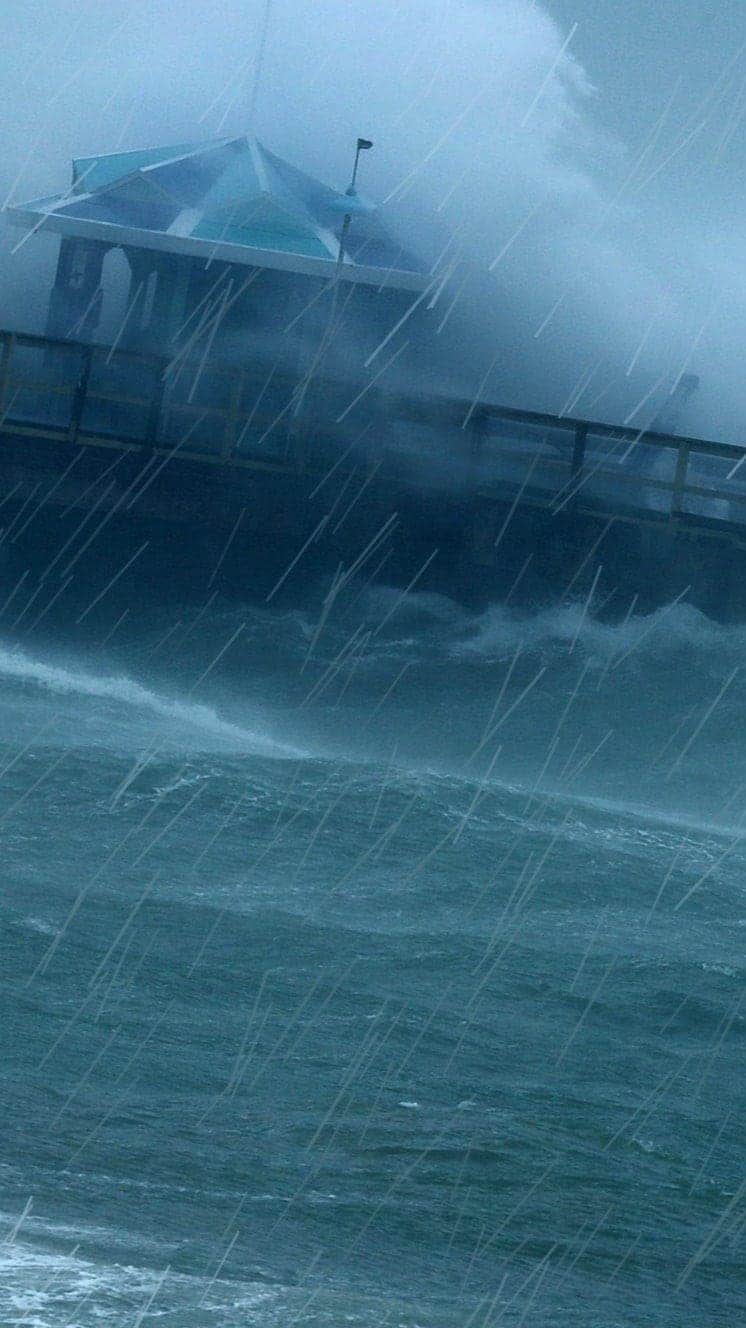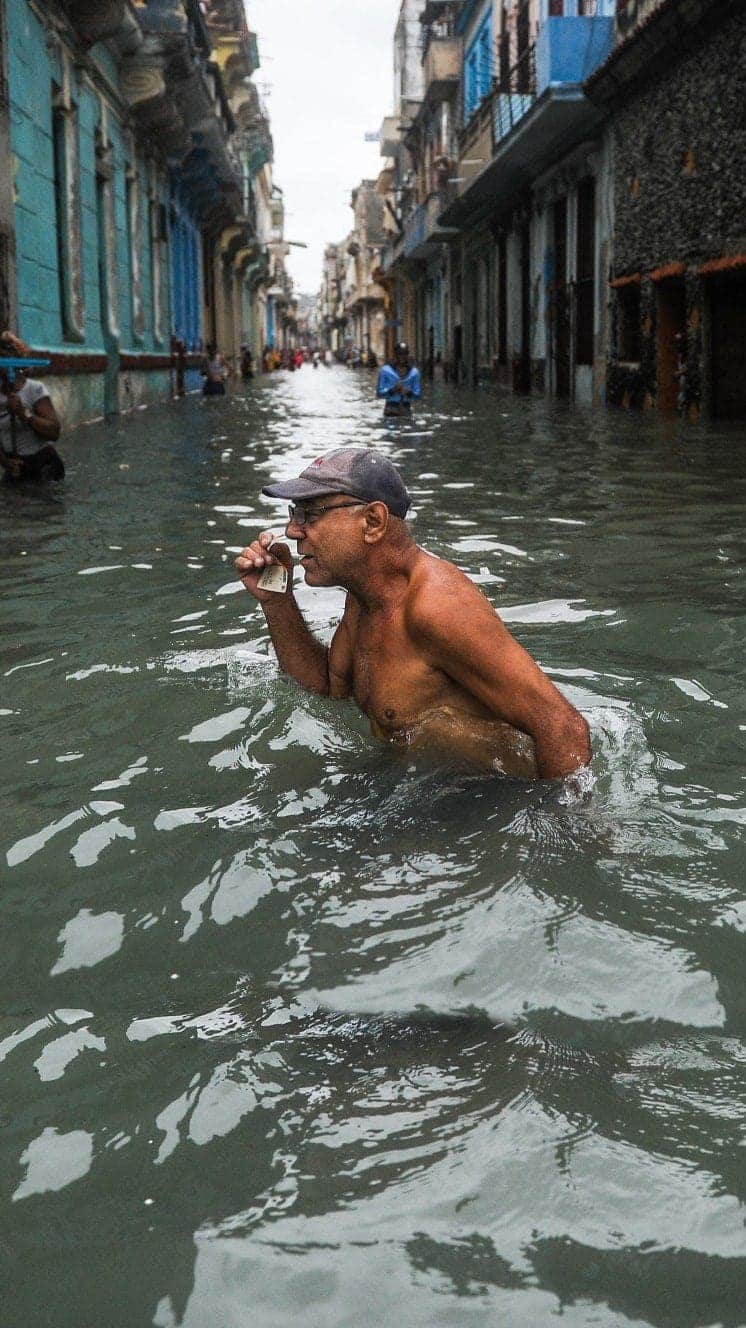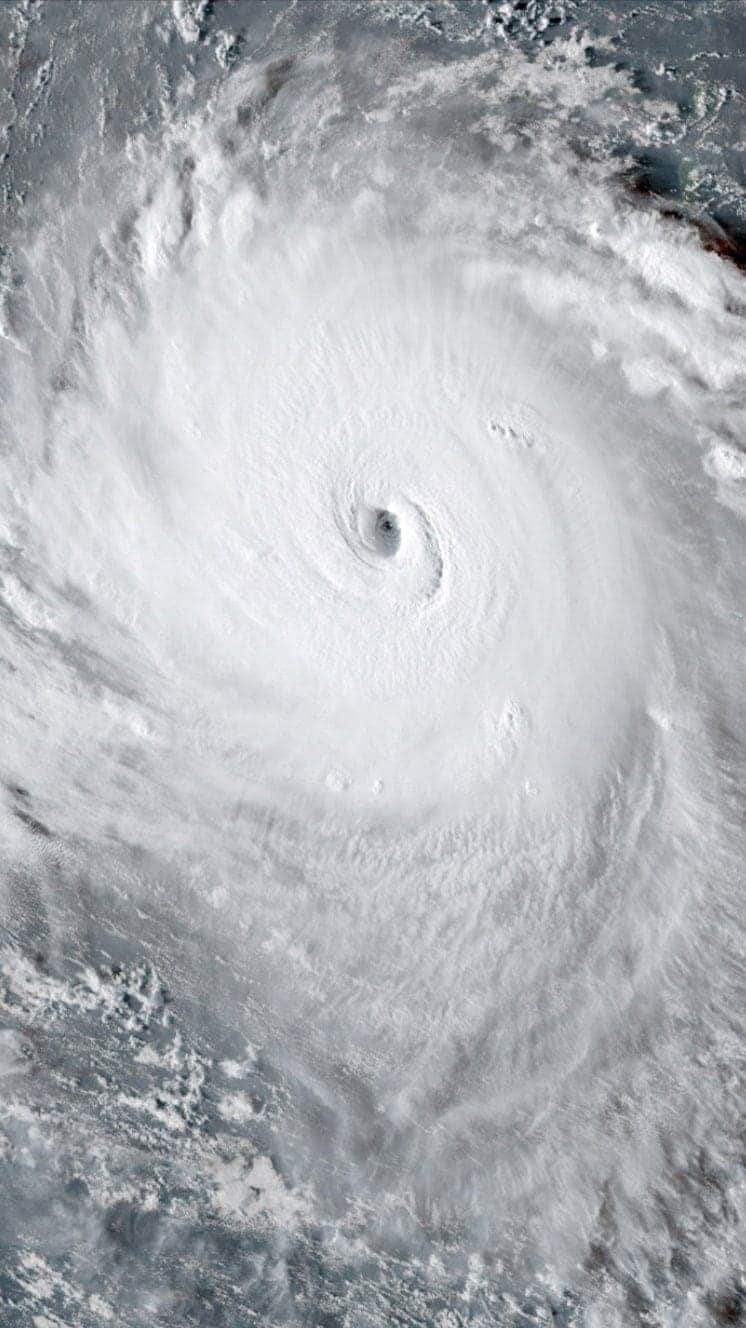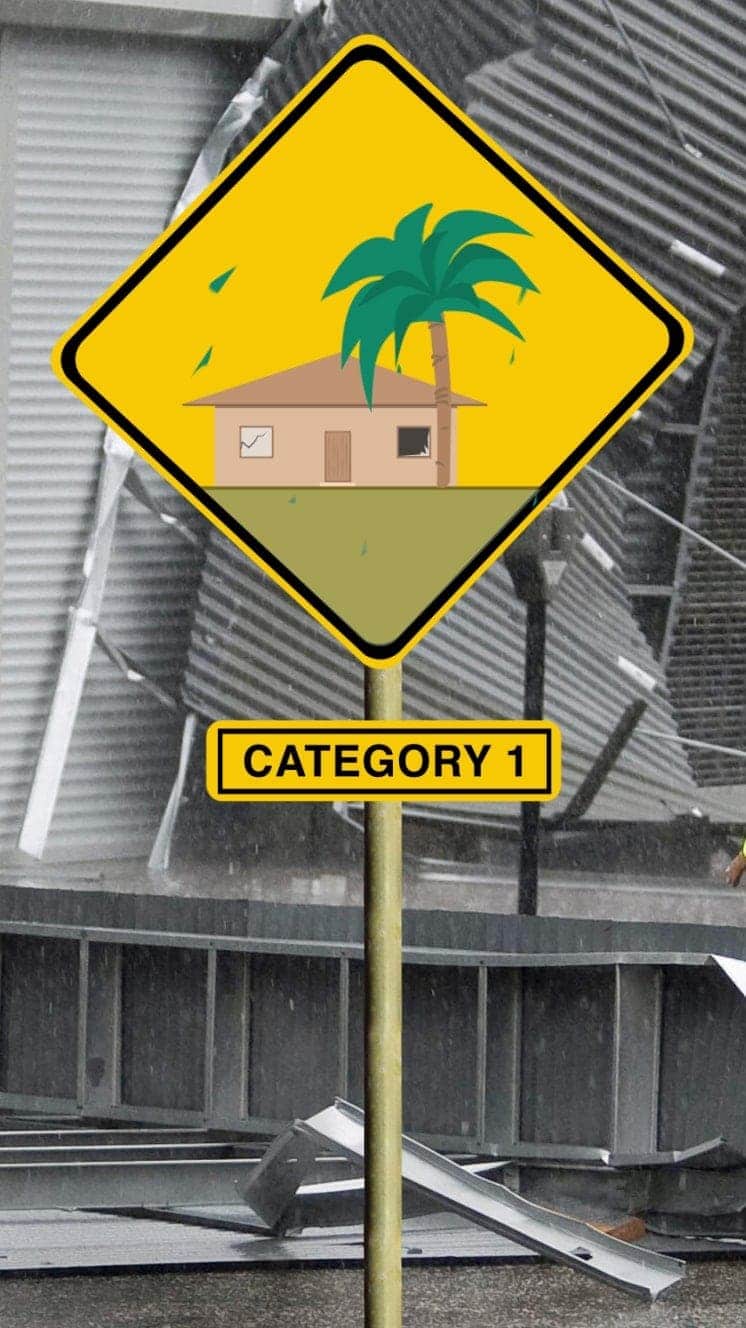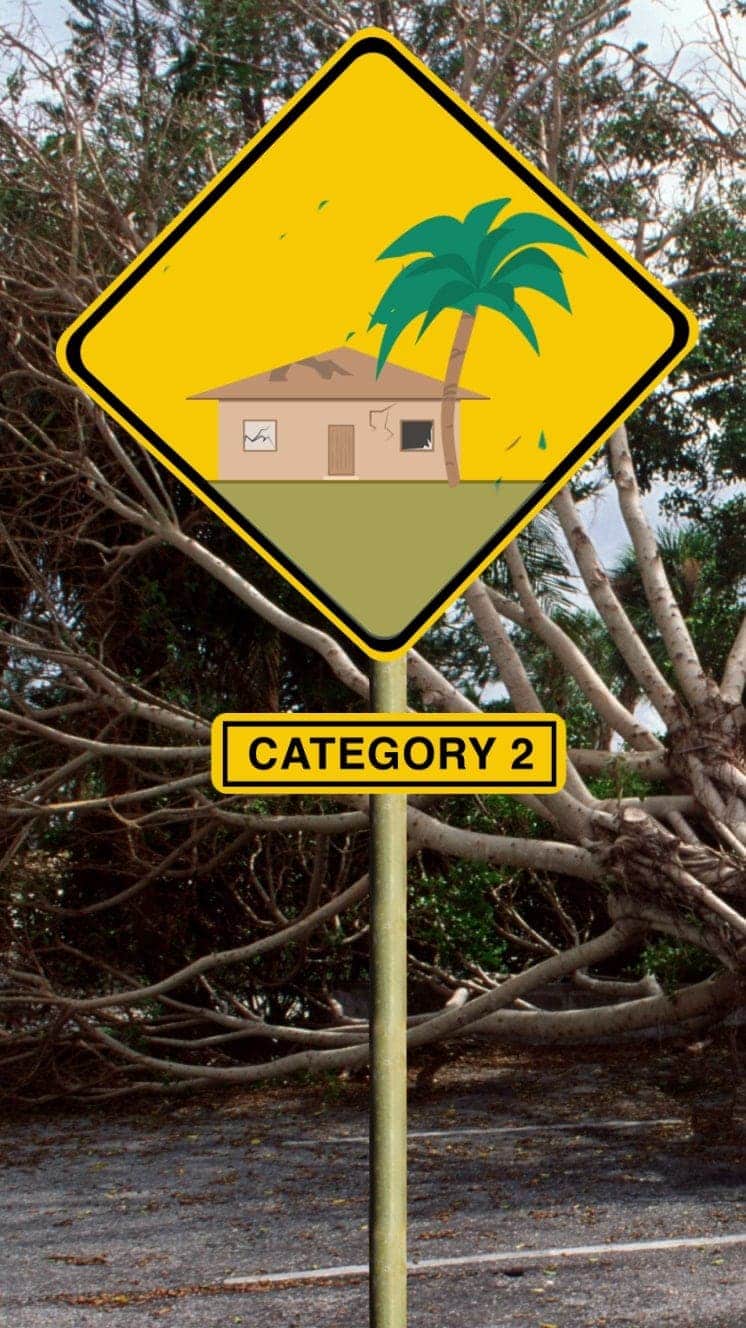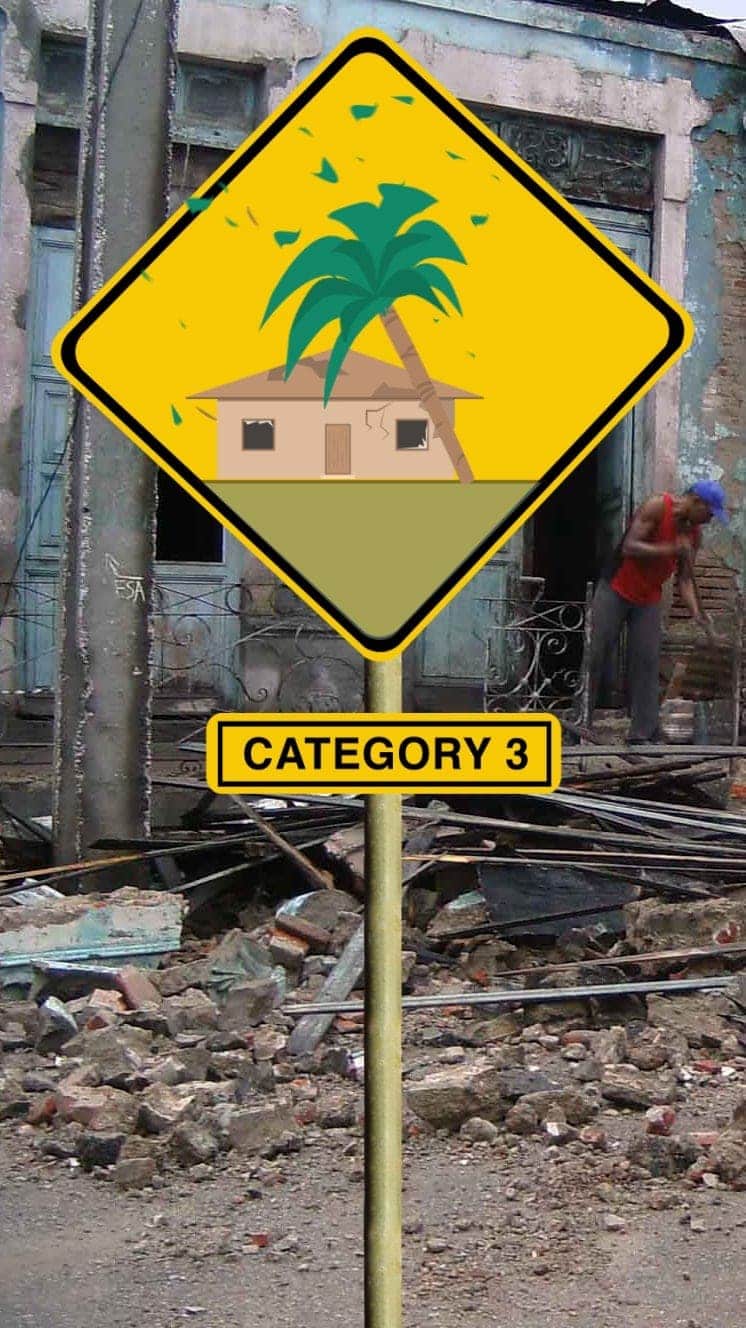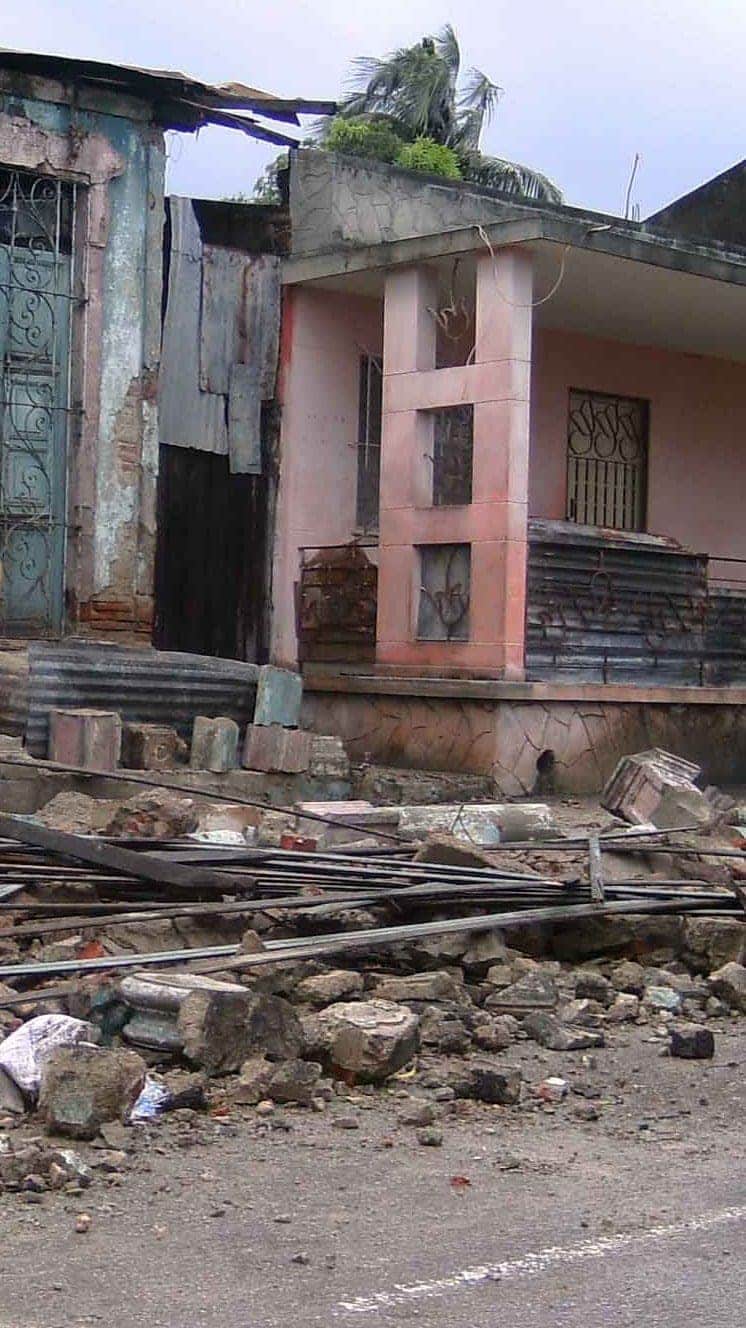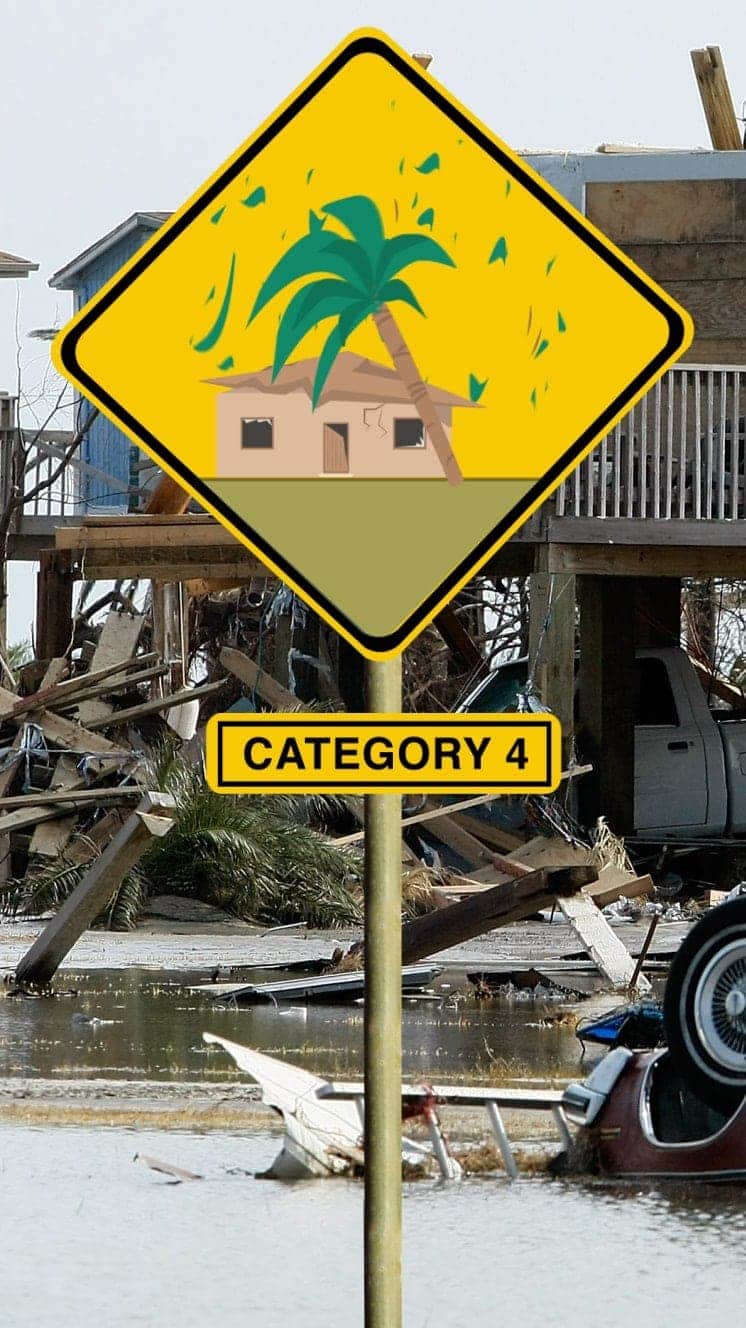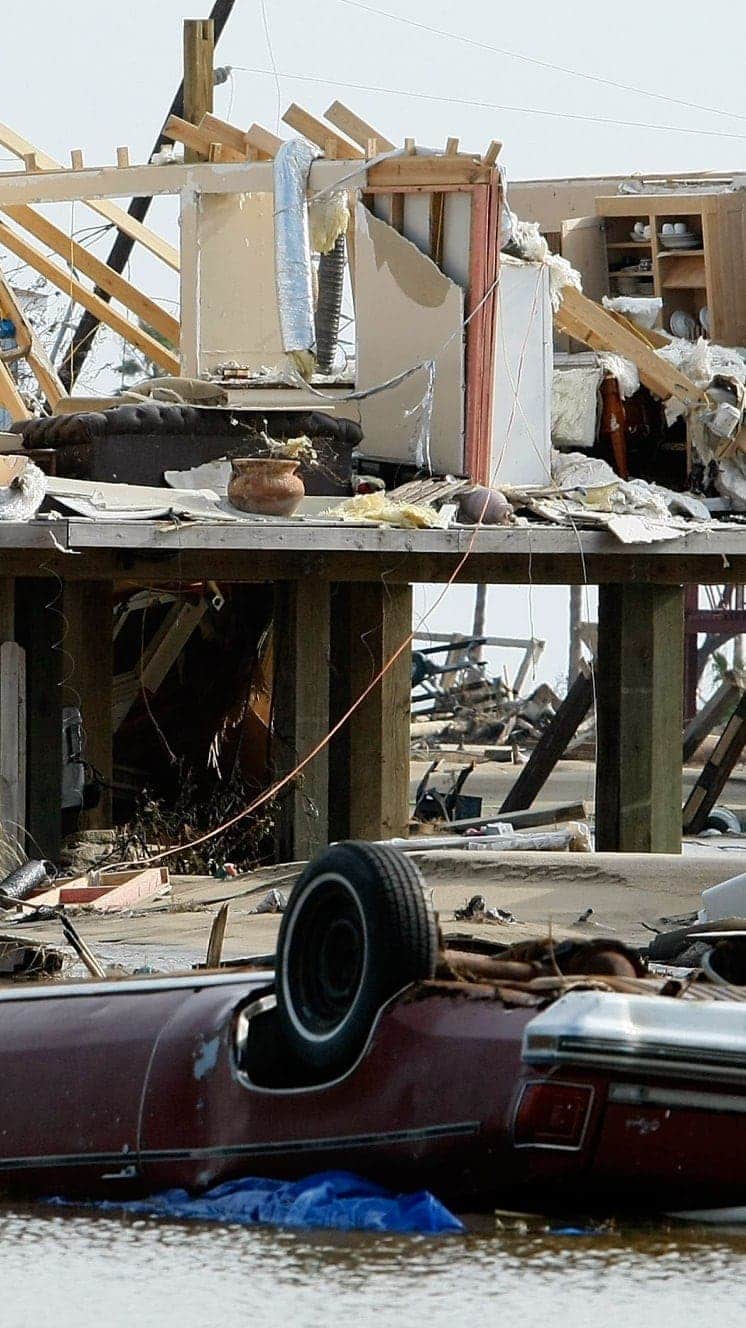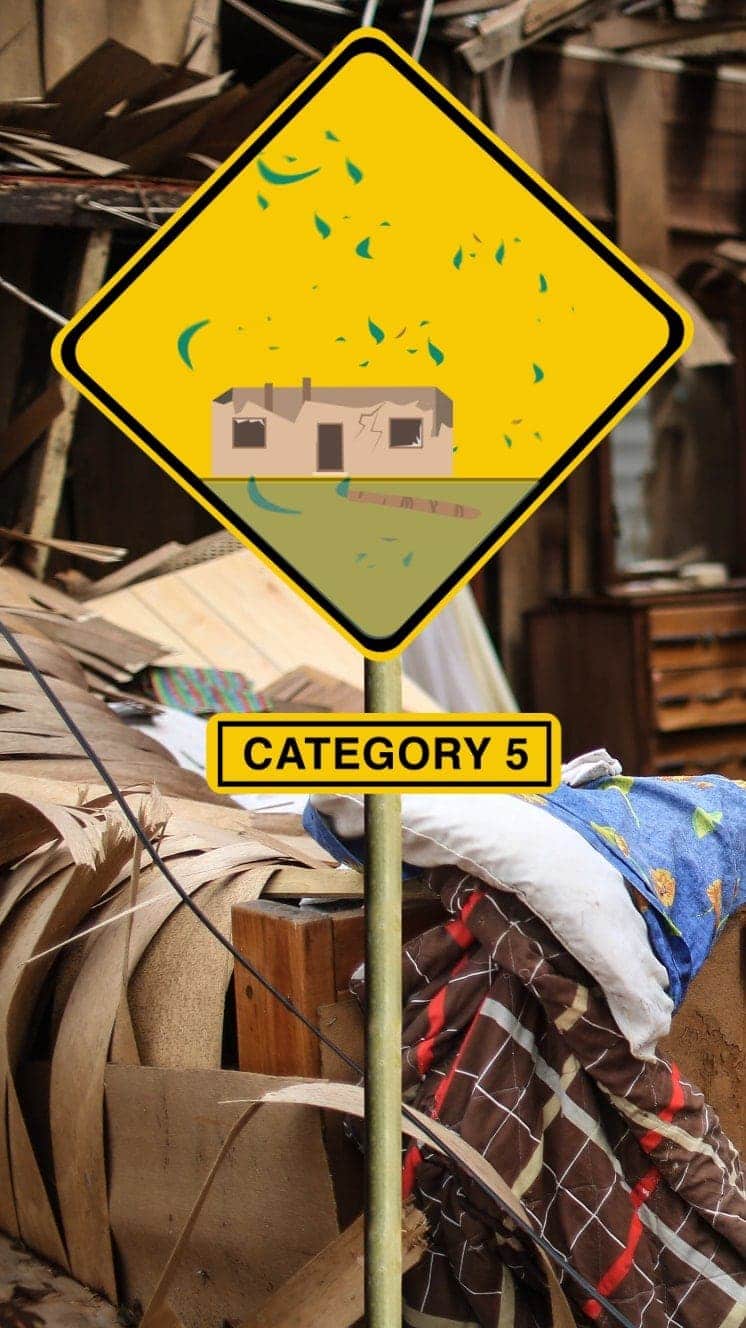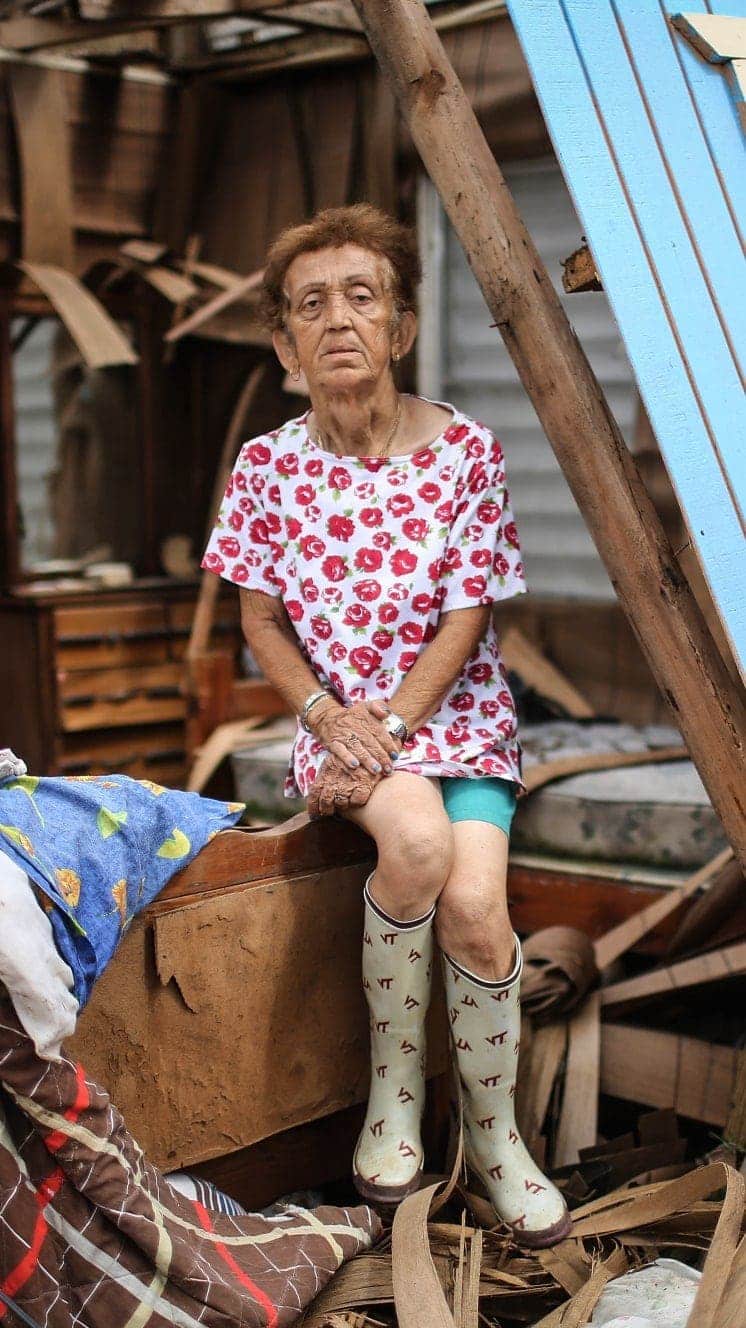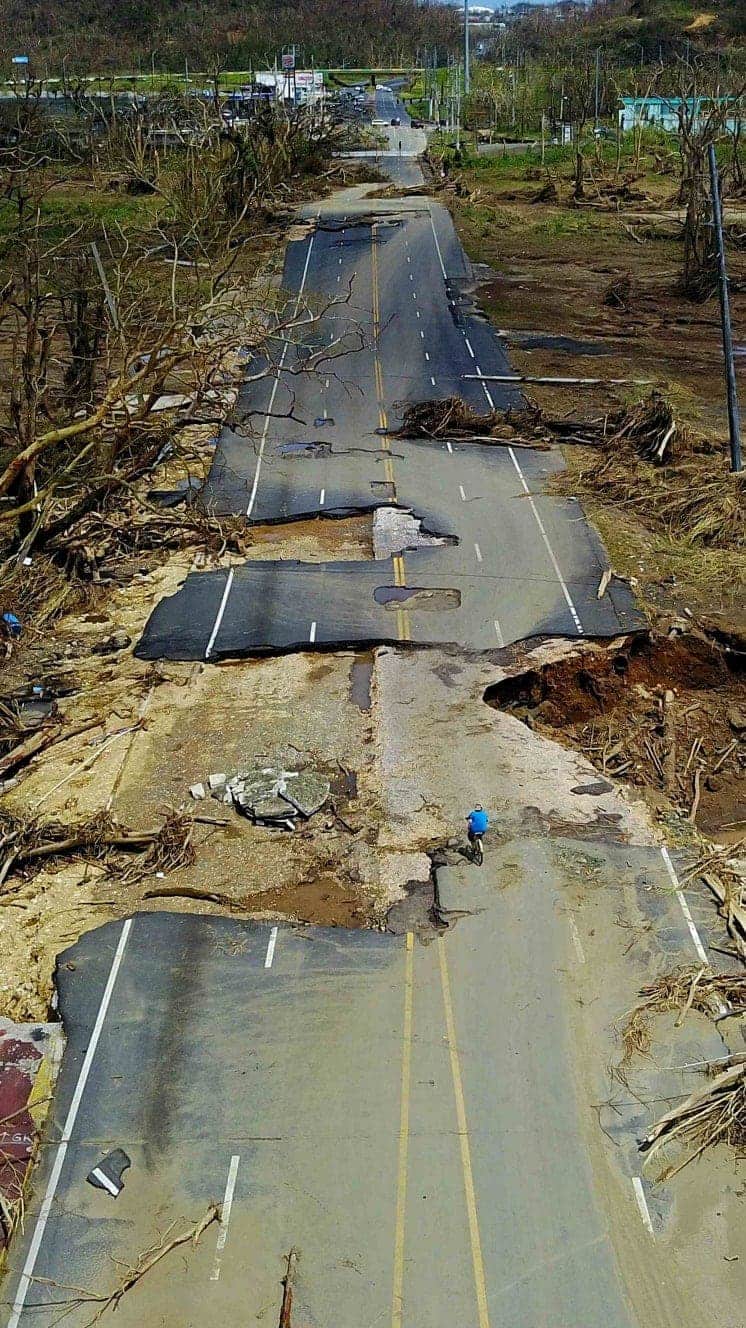Hurricane Dorian lashes US as Bahamas counts cost
- Published
Hurricane Dorian causes floods and tornadoes in South Carolina
Heavy rains from Hurricane Dorian are battering the south-eastern seaboard of the US after causing at least 30 deaths and much destruction in the Bahamas.
Dorian, now a category one storm, has left thousands of homes in South and North Carolina without power as it moves slowly northwards.
Forecasters warn that some areas could experience dangerous storm surges.
On 1 September, Dorian hit the Bahamas with winds of up to 185mph - equalling the highest ever recorded at landfall.
It battered the Abaco Islands and Grand Bahama, in the north of the archipelago, for two days.
Officials say the final death toll in the Bahamas will be staggering.
Dorian is expected to weaken slowly over the next few days.
It currently has maximum sustained winds of 90mph (150km/h), down from 105mph earlier in the day.
Have you been affected by Hurricane Dorian? Email haveyoursay@bbc.co.uk, external
Residents in the Bahamas say "it's total devastation"
Bahamas PM Hubert Minnis called the storm "one of the greatest national crises in our country's history". He expected the number of fatalities to increase.
What's the latest on the storm?
The US National Hurricane Center (NHC) said that at 02:00 local time (06:00 GMT) Dorian was 55 miles (90km) east of Wilmington, external in North Carolina and moving north-east at about 15mph.
The NHC said Dorian would move "near or over" the coast of North Carolina in the next few hours.


In South Carolina, more than 250,000 homes and businesses in coastal areas were left without power, officials said.
Social media footage showed flooding in the centre of the city of Charleston.
Allow X content?
This article contains content provided by X. We ask for your permission before anything is loaded, as they may be using cookies and other technologies. You may want to read X’s cookie policy, external and privacy policy, external before accepting. To view this content choose ‘accept and continue’.

Graphics showed waters could rise up to 8ft (2.4m) above ground level on the South Carolina coast, and up to 15in of rain could fall, external in the coming days.
More than 2.2 million people have been ordered to evacuate along the eastern seaboard.

Mile upon mile of destruction
Aleem Maqbool, BBC News, the Abaco Islands
We've heard about the record-breaking strength of Hurricane Dorian for days now but to see the impact on the ground is staggering.
Roofs were just lifted up and slammed to the ground, buildings all but destroyed. Having flown over the Abaco Islands, I can tell you there is mile upon mile of this.
The northern Bahamas have borne the brunt of the storm's ire. This is where, in the coming days, the humanitarian needs are going to be acute.

What's the latest in the Bahamas?
Although Grand Bahama suffered severe damage and floods, the Abaco Islands were hardest hit. Footage taken from the air showed vast swathes of destruction. Homes, roads and businesses were torn apart, and high waters remain.
The official death toll so far is 30, but Health Minister Duane Sands said he believed the final toll would be far higher.
"Let me say that I believe the number will be staggering," he told local radio.
"I have never lived through anything like this and I don't want to live through anything like this again."
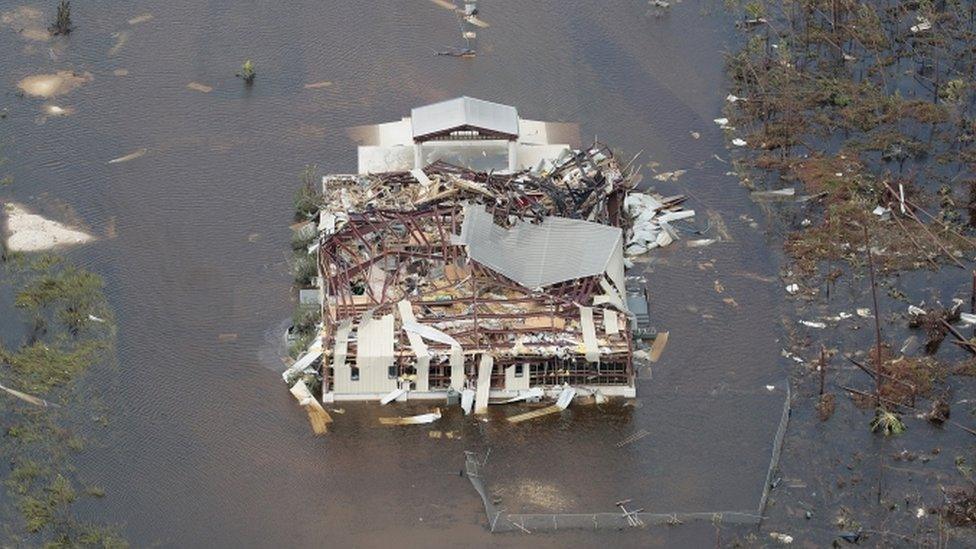
Thousands of homes have been damaged or destroyed on the Abaco Islands
"There's nothing left in most of Marsh Harbour," said Alicia Cook, who evacuated from the area in the Abaco Islands. "People are starting to panic: pillaging, looting."
Bob Cornea also spoke to the BBC in the capital Nassau after being evacuated from Marsh Harbour. He said he and his wife had taken shelter on the second storey of their son's house.
"Water was up to my neck. It stayed like that for two or three hours... My son... he got us out and we got over to safety.

"We've been through all kinds of hurricanes, all kinds of storms: never anything that bad. I mean, it was like we were standing in the middle of the ocean. That's what it looked like. Waves, the water just crashing in over us. Horrifying. Absolutely horrifying."
The British Royal Navy vessel RFA Mounts Bay has begun landing personnel and emergency aid on the Abacos. Helicopters and three UK humanitarian experts have been helping to co-ordinate the rescue response.

The aid operation on Grand Bahama has been hampered by severe damage to its airport.
The International Red Cross fears 45% of homes on Grand Bahama and the Abacos - some 13,000 properties - were severely damaged or destroyed.
Some 70,000 people are in "immediate need" of aid, UN officials said.
Is climate change making hurricanes worse?
Scientists cannot say whether climate change is increasing the number of hurricanes, but the ones that do happen are likely to be more powerful and more destructive because of our warming climate, says BBC Weather's Tomasz Schafernaker.
Here's why:
An increase in sea surface temperatures strengthens the wind speeds within storms and also raises the amount of precipitation a hurricane will dump
Sea levels are expected to increase by one to four feet over the next century, bringing the potential of far worse damage from sea surges and coastal flooding during storms
Hurricanes and climate change

Use our guide to see how these deadly storms form, their devastating effects and how they are measured:


How have you been affected by Hurricane Dorian? Share your experiences by emailing haveyoursay@bbc.co.uk, external.
Please include a contact number if you are willing to speak to a BBC journalist. You can also contact us in the following ways:
WhatsApp: +44 7756 165803
Tweet: @BBC_HaveYourSay, external
Send pictures/video to yourpics@bbc.co.uk, external
Text an SMS or MMS to 61124 or +44 7624 800 100
Please read our terms of use and privacy policy
- Published9 September 2019
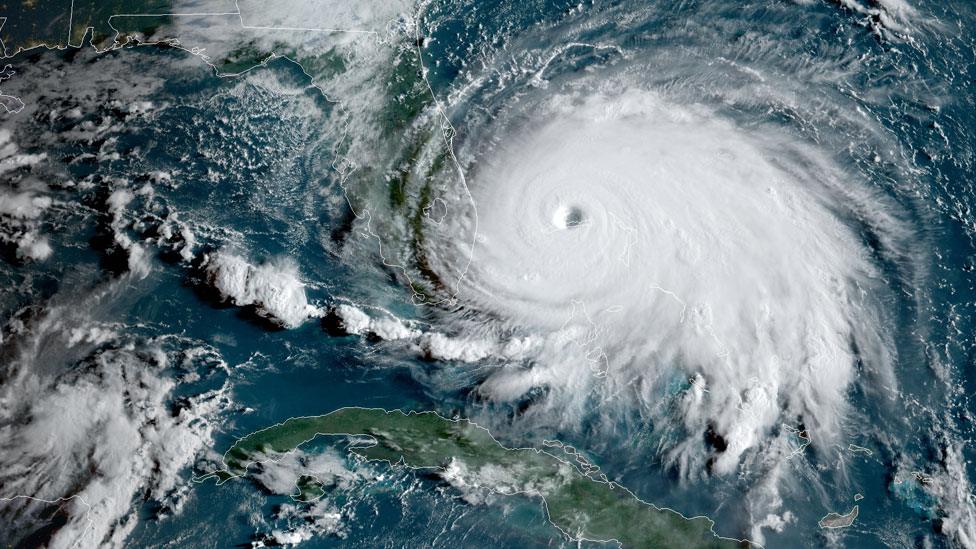
- Published4 September 2019
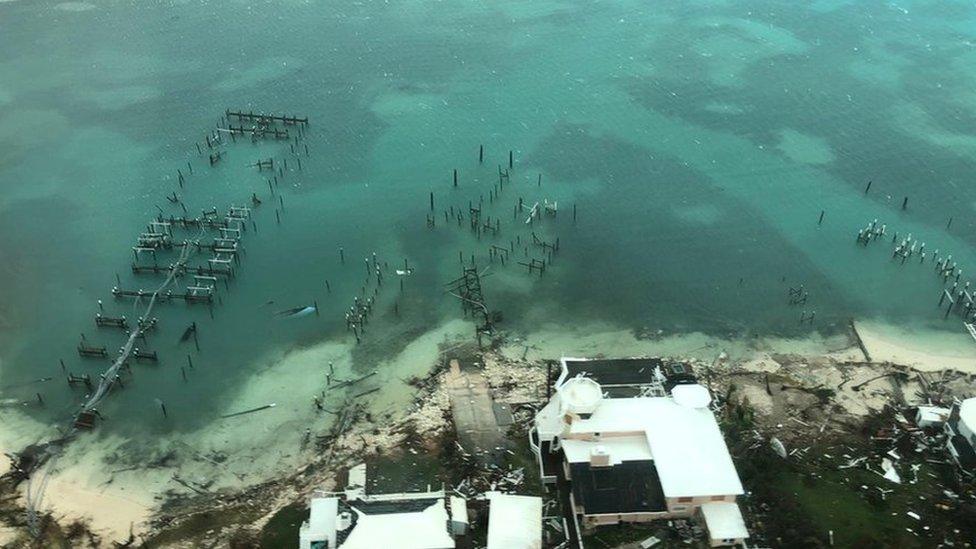
- Published26 August 2019
